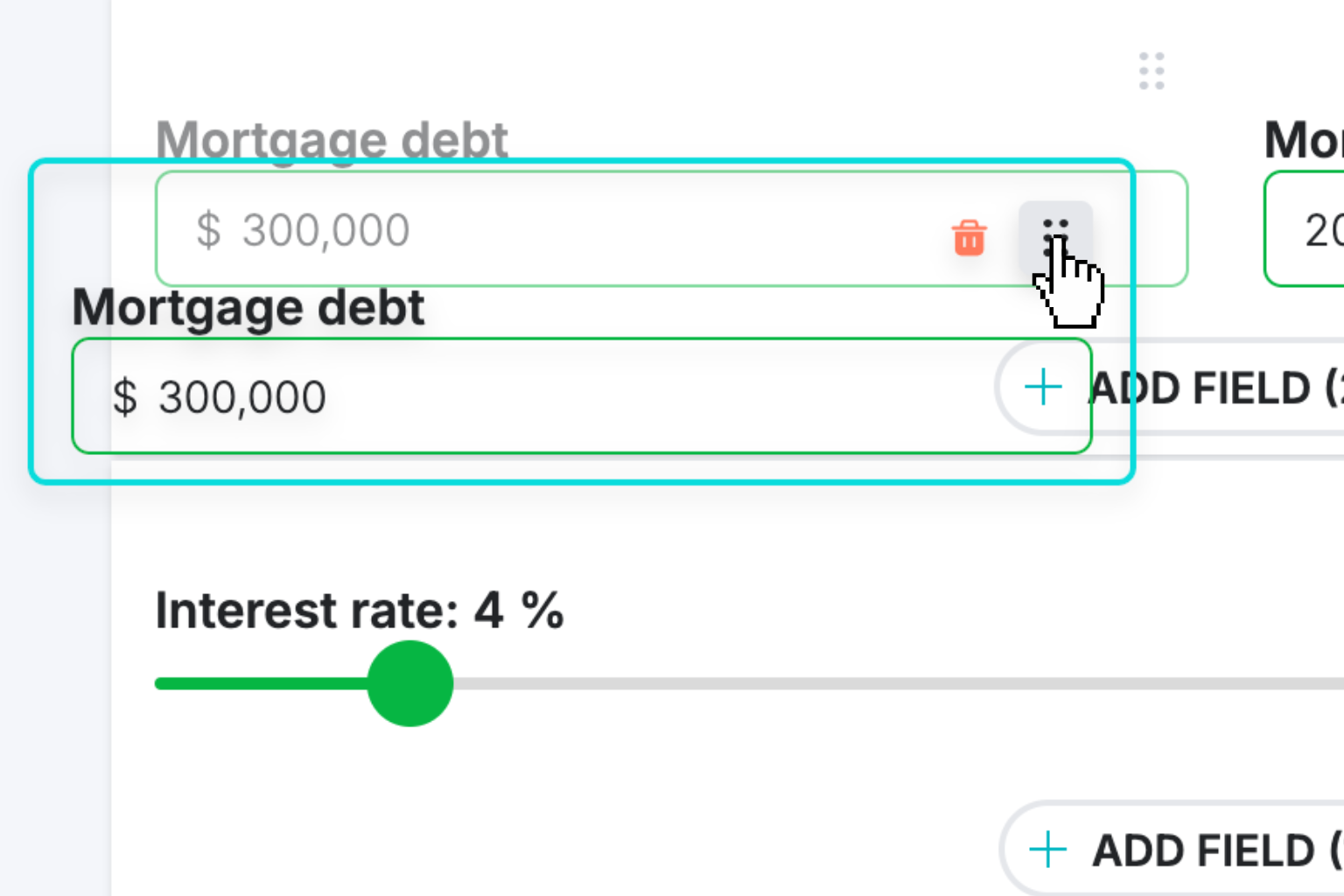Reverse Diet Calculator
Plan your reverse diet transition by calculating your TDEE and weekly calorie increases to prevent weight regain after dieting.How Reverse Diet Calculator Works
A reverse diet is a strategic eating plan that gradually increases your calorie intake after a period of dieting or calorie restriction. Instead of jumping straight back to your pre-diet calories, you slowly add 50-200 calories per week to prevent rapid weight gain and allow your metabolism to recover.
This calculator first determines your Total Daily Energy Expenditure (TDEE) using the Mifflin-St Jeor formula, which considers your gender, age, weight, height, and activity level. It then creates a personalized timeline showing how many weeks you'll need to transition from your current calorie intake to your maintenance level.
The process works by 'resetting' your metabolism after dieting. When you've been in a calorie deficit, your body adapts by slowing down your metabolic rate. Reverse dieting counteracts this by carefully reintroducing calories, helping restore your metabolic health while minimizing fat regain.
You'll see your week-by-week calorie targets for the first four weeks, plus the total timeline to reach your TDEE. This gradual approach is popular among bodybuilders and fitness enthusiasts but works well for anyone transitioning off a restrictive diet.
Reverse Diet Calculator Formula Breakdown
Formula
TDEE = BMR × Activity Level
BMR (Men) = (4.536 × Weight in lbs) + (15.88 × Height in inches) - (5 × Age) + 5
BMR (Women) = (4.536 × Weight in lbs) + (15.88 × Height in inches) - (5 × Age) - 161
Weekly calorie increase = Current intake + (Week number × Weekly increase amount)
Weeks to reach TDEE = (TDEE - Current intake) ÷ Weekly increase amountVariables Explained
- GenderYour biological sex, which affects your basal metabolic rate calculation. Men typically have higher metabolic rates due to greater muscle mass and different hormonal profiles.
- AgeYour current age in years. Metabolism generally slows with age, so this factor helps provide a more accurate TDEE calculation.
- WeightYour current body weight in pounds. This is a key factor in determining how many calories your body burns at rest and during activity.
- Height (ft and in)Your height broken down into feet and inches. Taller individuals generally have higher metabolic rates due to greater body surface area and organ size.
- Activity LevelHow often you exercise each week, from sedentary (office job) to athlete level (training twice daily). This significantly impacts your total daily calorie needs.
- Current Calorie IntakeThe number of calories you're currently eating per day. This should be the intake from your recent diet or current eating pattern, which serves as your starting point for the reverse diet.
- Weekly Calorie DifferenceHow many calories you'll add each week during your reverse diet. Most experts recommend 50-200 calories per week, with 100-150 being a common middle ground that balances progress with minimal fat gain.
Example Calculation
Given:
- Gender: Male
- Age: 30 years
- Weight: 160 lbs
- Height: 5 ft 11 in
- Activity Level: Light exercise (1-2 times per week)
- Current Calorie Intake: 3,000 kcal/day
- Weekly Calorie Difference: 200 kcal
Calculation:
Height in inches: 5 × 12 + 11 = 71 inches
BMR (Male): (4.536 × 160) + (15.88 × 71) - (5 × 30) + 5 = 725.76 + 1,127.48 - 150 + 5 = 1,708.24
TDEE: 1,708.24 × 1.375 = 2,348.83 ≈ 2,349 kcal
Since current intake (3,000) > TDEE (2,349), we decrease calories
Weeks needed: (3,000 - 2,349) ÷ 200 = 3.26 weeks ≈ 4 weeksResult:
2,349 kcal TDEE, requiring 4 weeks to reach from 3,000 kcalExplanation
This example shows a 30-year-old male who's been eating 3,000 calories (likely bulking or overeating) and wants to reverse diet down to his maintenance level. Since his TDEE is 2,349 calories, he'll gradually reduce his intake by 200 calories per week over 4 weeks to reach his target without shocking his metabolism.
Tips for Using Reverse Diet Calculator
- 💡Track your weight daily but focus on weekly averages rather than daily fluctuations. It's normal to see 2-5 pounds of initial weight gain from increased food volume, water retention, and glycogen replenishment - this isn't fat gain.
- 💡Add calories primarily from carbohydrates and fats rather than just increasing portion sizes of everything. Carbs help restore leptin and thyroid hormones, while fats support overall hormone production after dieting.
- 💡If you're gaining more than 0.5-1 pound per week consistently after the initial adjustment period, consider slowing down your calorie increases. The goal is gradual adaptation, not rapid weight gain.
Make Your Own Web Calculator in 3 Simple Steps
Create Interactive Calculator
Design your interactive calculator in under 5 minutes using our drag-and-drop builder.Preview & Generate Embed Code
Review your calculator and copy the embed script when you're satisfied with the results.Embed Calculator Into Your Website
Paste the code into your website's HTML. Works on WordPress, Shopify, Wix, and any platform. EugenCreator of Creative Widgets
EugenCreator of Creative Widgets“After 10+ years in digital marketing, I’ve built calculators that drove thousands of new leads for clients. I realized one thing: calculators convert. They're killer for CRO and great for SEO. That's why I built Creative Widgets—an easy, no-code calculator builder. ”
It's free. Try it out. You'll like it.




